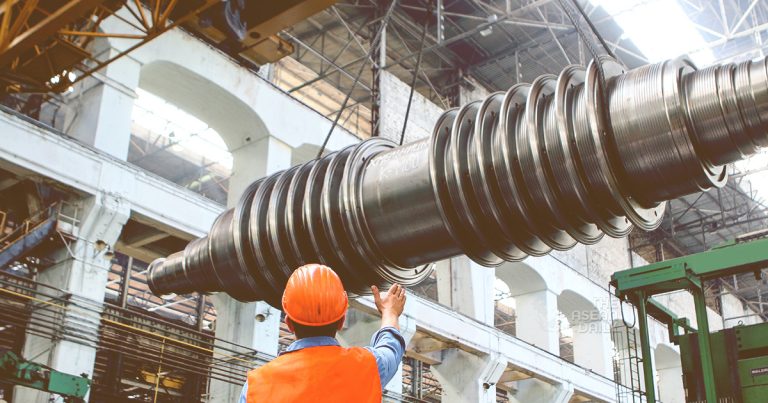4-11-2023 (MANILA) The Social Weather Stations (SWS) recently unveiled the findings of its latest survey on self-rated poverty, indicating that 48% of Filipino families considered themselves “poor” during the third quarter of this year. Although this percentage was slightly higher than the 45% recorded in the previous quarter, there was a noteworthy increase in families rating themselves as “not poor,” rising from 22% to 25%.
A more recent survey conducted by Pulse Asia Research in September 2023 revealed that the majority of Filipinos are deeply concerned about controlling inflation, with 74% citing it as their most pressing national concern. This pervasive concern over rising prices of essential goods was observed across all geographic areas and socio-economic classes. Alarmingly, this figure increased by 11 percentage points compared to June 2023. Other concerns include increasing workers’ pay (49%), generating more job opportunities (27%), reducing poverty (25%), and combating government corruption (22%).
It is evident from previous surveys that economic issues continue to weigh heavily on the minds of Filipinos, particularly in light of the rising inflation rate, which reached 6.1% in September 2023.
Given the prevailing uncertainties, including the looming global cost-of-living crisis, addressing the country’s economic challenges requires a collaborative effort involving policymakers, the business community, and other stakeholders. Quick-fix solutions are unlikely to yield positive results.
Therefore, a shift towards an investment-driven economic growth strategy has the potential to create a ripple effect that can improve the lives of countless Filipinos. This transition, particularly in the manufacturing sector, could create much-needed jobs and lay the foundation for sustained national prosperity.
Simultaneously, it is crucial to enhance the skills of the workforce and provide training for emerging roles in the production and distribution of goods. In other words, the country must increase the role of manufacturing in driving economic growth, as the available manpower and resources are well-suited to sustain this type of growth.
To date, a substantial proportion of Filipinos support strengthening the nation’s manufacturing sector. According to a survey conducted by the Stratbase ADR Institute in the first quarter of 2023, around 89% of Filipinos believe that the government should support the manufacturing sector due to its potential to accelerate economic growth and development. Respondents pointed out that manufacturing activities contribute to economic growth and development by creating livelihood opportunities for local service businesses that support manufacturing operations (62%) and by making goods more affordable and accessible to Filipino consumers (62%).
The government plays a pivotal role in creating a conducive environment for investment expansion. The survey also identified the top three actions that respondents believe the government should take to boost the growth of the country’s manufacturing sector and related industries: providing opportunities for worker training to upgrade or learn new skills (61%), offering competitive incentives compared to other countries (50%), and developing more economic zones (45%).
A stable policy environment that upholds the rule of law fosters greater trade, attracting foreign and domestic investments, particularly in productive sectors like manufacturing. This favorable climate also encourages collaboration through public-private partnerships (PPPs) and strengthens economic relations with beneficial partners such as the United States and Japan.
Furthermore, considering the Philippines’ demographic advantages, promoting manufacturing activities that cater primarily to the domestic market can provide the expanding consumer base with more accessible goods. This initiative can also act as a buffer against global factors like supply chain disruptions. Consequently, the government should support such endeavors by providing appropriate incentives.
In conclusion, increased trade and investments generate jobs, enhance productivity, ensure income security, and bolster the nation’s food security and its position in the global supply chain, even in the face of dynamic global conditions and shifting geopolitical landscapes.
The Stratbase ADR Institute is set to host a town hall discussion entitled “Advancing the Philippine Manufacturing Sector for National Prosperity” as part of the Philippine Economic Society’s 61st Annual Meeting and Conference. This session, scheduled for November 8, 2023, at the Novotel Manila Araneta City, Quezon City, will bring together notable figures from academia, government, and industry to explore strategies and opportunities for unlocking the full potential of the Philippines’ manufacturing sector.




